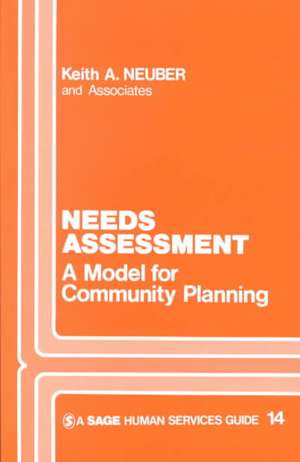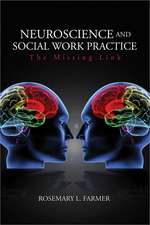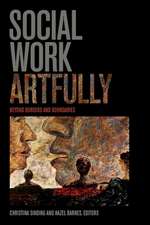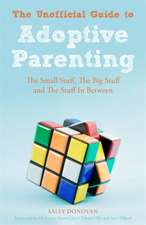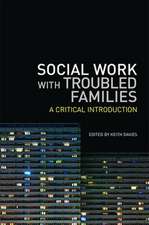Needs Assessment: A Model for Community Planning: SAGE Human Services Guides, cartea 14
Autor Keith A. Neuberen Limba Engleză Paperback – 18 mai 1980
Din seria SAGE Human Services Guides
- 15%
 Preț: 559.87 lei
Preț: 559.87 lei - 18%
 Preț: 788.14 lei
Preț: 788.14 lei - 18%
 Preț: 783.24 lei
Preț: 783.24 lei - 15%
 Preț: 545.63 lei
Preț: 545.63 lei - 18%
 Preț: 712.94 lei
Preț: 712.94 lei - 18%
 Preț: 714.20 lei
Preț: 714.20 lei - 18%
 Preț: 715.31 lei
Preț: 715.31 lei -
 Preț: 480.89 lei
Preț: 480.89 lei - 15%
 Preț: 549.05 lei
Preț: 549.05 lei - 5%
 Preț: 612.56 lei
Preț: 612.56 lei - 18%
 Preț: 714.99 lei
Preț: 714.99 lei - 18%
 Preț: 716.25 lei
Preț: 716.25 lei - 18%
 Preț: 784.05 lei
Preț: 784.05 lei - 15%
 Preț: 550.53 lei
Preț: 550.53 lei - 18%
 Preț: 786.41 lei
Preț: 786.41 lei - 18%
 Preț: 787.03 lei
Preț: 787.03 lei - 9%
 Preț: 562.35 lei
Preț: 562.35 lei - 18%
 Preț: 1088.46 lei
Preț: 1088.46 lei - 18%
 Preț: 713.75 lei
Preț: 713.75 lei - 18%
 Preț: 784.35 lei
Preț: 784.35 lei - 15%
 Preț: 550.20 lei
Preț: 550.20 lei - 41%
 Preț: 363.17 lei
Preț: 363.17 lei
Preț: 546.45 lei
Preț vechi: 642.88 lei
-15% Nou
Puncte Express: 820
Preț estimativ în valută:
104.56€ • 109.48$ • 86.73£
104.56€ • 109.48$ • 86.73£
Carte tipărită la comandă
Livrare economică 10-24 aprilie
Preluare comenzi: 021 569.72.76
Specificații
ISBN-13: 9780803913967
ISBN-10: 0803913966
Pagini: 108
Dimensiuni: 140 x 216 x 8 mm
Greutate: 0.16 kg
Ediția:1
Editura: SAGE Publications
Colecția Sage Publications, Inc
Seria SAGE Human Services Guides
Locul publicării:Thousand Oaks, United States
ISBN-10: 0803913966
Pagini: 108
Dimensiuni: 140 x 216 x 8 mm
Greutate: 0.16 kg
Ediția:1
Editura: SAGE Publications
Colecția Sage Publications, Inc
Seria SAGE Human Services Guides
Locul publicării:Thousand Oaks, United States
Cuprins
Chapter 1: A Human Services Planning Model
Chapter 2: Preassesment Activities
Chapter 3: Interviewing Procedures
Chapter 4: Data Collection and Analysis
Chapter 5: Intra-AgencyUtilization of Needs Assesment Data
Chapter 6: Systems Planning and Needs Assesment
Appendixes
Chapter 2: Preassesment Activities
Chapter 3: Interviewing Procedures
Chapter 4: Data Collection and Analysis
Chapter 5: Intra-AgencyUtilization of Needs Assesment Data
Chapter 6: Systems Planning and Needs Assesment
Appendixes
Descriere
The Community-Orientated Needs Assessment (CONA) model presented by the authors demonstrates that effective two-way communication between providers of human services and the community is necessary for effective and efficient social services.
The CONA model uses data from demographic//statistical profiles, key informants, and random community members to define needed services, to develop programs, and to improve accountability. The authors both outline the logic behind the use of this model and sketch a step-by-step approach for developing the model for use in a variety of settings.
